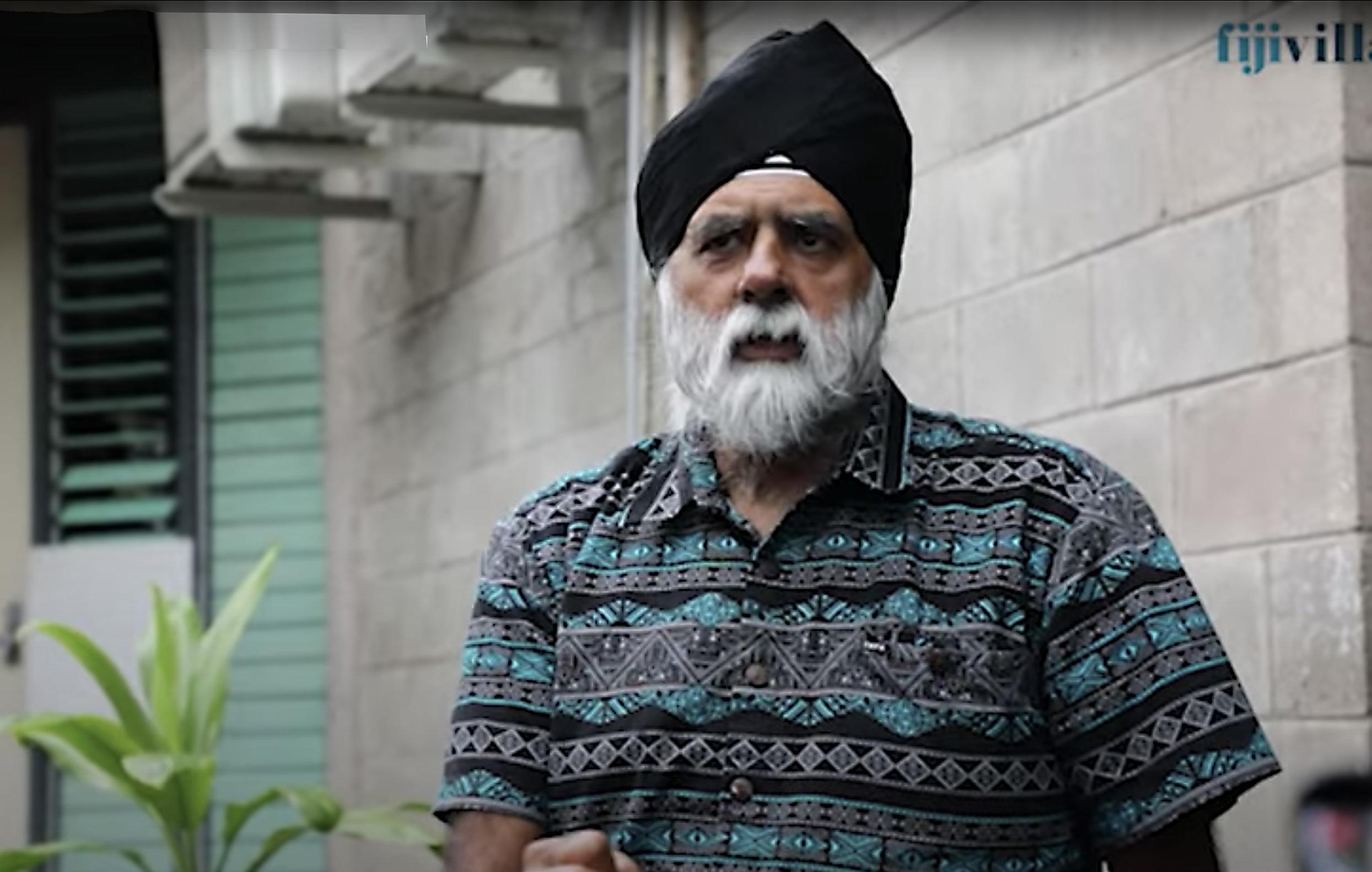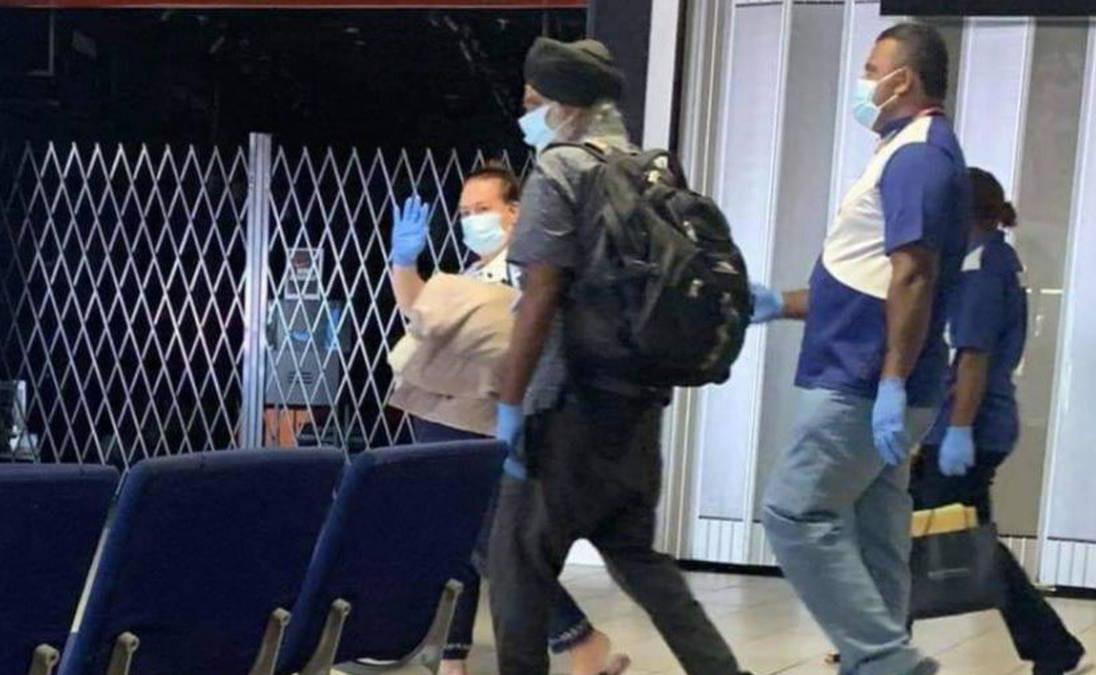
5 minute read
Fiji's deportation of the USP VC is a shameful act
from Advocate, March 2021
by NTEU
Professor Biman C Prasad, Leader of the National Federation Party Adjunct Professor, James Cook University Adjunct Professor, Punjabi University Patiala
The shocking deportation of the University of the South Pacific (USP) Vice-Chancellor, Professor Pal Ahluwalia, and his wife, Sandra Price, is a highly shameful event — in not just the history of the institution, but also in the history of Fiji and the region.
Advertisement
The heavy-handed manner in which the deportation was carried out has major implications for human rights, democracy, free speech and academic freedom in Fiji and the Pacific. Additionally it has serious implications for the unity of the region and effectiveness of regional organisations. The events reflect Fiji’s failure as USP’s host country and also a failure of its leadership role the region as a whole.
Professor Ahluwalia and his wife were taken from their home in Suva at midnight and put on a plane bound for Brisbane. Up to 15 police and immigration officers participated in what can only be described as a raid. The couple were manhandled and even refused a toilet break.
The Government claimed that the VC’s work visa and contract were nullified as a result of the deportation, even though it is the USP Council which hires or fires the VC. This is a naked attempt by the Fiji government to usurp the authority of the Council and to impose its will on the USP, its staff and its students – at any cost.
The strong armed, thuggish tactics is unbecoming of a government that claims to have brought ‘true’ democracy in Fiji’s history, but more indicative of a military dictatorship. It is an act of aggression by a member state against the region’s highest academic office – the office of Vice-Chancellor of USP, and shows total disrespect of the rights of the member states of USP.
While the official reason offered for the deportation was that Professor Ahluwalia’s conduct was ‘prejudicial to peace, defence and public safety, it is common knowledge that Professor Ahluwalia has been targeted for blowing the whistle on widespread mismanagement at the institution, under the previous Vice-Chancellor, Professor Rajesh Chandra, who was seen to be close to the Government. The deportation comes after a failed attempt by the Fiji Government’s USP representative to suspend Ahluwalia.
The losses under Rajesh Chandra ran into the millions of dollars, as articulated in the BDO special audit report, which was leaked to the media and was a source of embarrassment for a government that claimed to be cleaning up corruption. The chairman of the USP Council, Mr Winston Thomson, and others implicated in the scandal, may have had a hand in the deportation.
In a media interview, Mr Thomson played down the biggest financial scandal in USP’s history while openly stating that he would sack Professor Ahluwalia if he had the power to do so. Since then Professor Ahluwalia has been the subject of a witch hunt.
This government’s unilateral decision and ongoing actions undermine USP's regional character and it is the most serious attack on academic freedom in the regional institution’s history. In the days after the deportation, police were seen on campus in what was regarded as an act of intimidation.
The Government’s actions, which strike at the heart of democracy and free expression, are bound to have a chilling effect on both local and expatriate academics. Indeed, the reaction from the USP academics has been muted for fear of suffering a similar fate. It’s mostly the USP staff unions and student associations that have been vocal in the public arena.
For many, the deportation is highly questionable from a legal standpoint, besides a flagrant abuse of power by a government that clearly thinks that it can trample on the human rights of USP employees with impunity. This is clearly reflected in the media comments of the Attorney-General Aiyaz Sayed-Khaiyum, who made light of the home invasion, abduction and deportation of the VC and his wife in the media. Sayed-Khaiyum claimed that there is ‘no crisis, no saga’ at USP. He stated that there was ‘very bad governance ‘under VC Ahluwalia, while totally ignoring the gross abuses highlighted in the BDO report.
Most respected observers reject Sayed-Khaiyum’s ‘no saga, no crisis’ claim. They describe the situation as the biggest crisis in the USP’s 50-year history and state that the scale of the damage to USP is enormous and unprecedented, with severe, longer-term implications for regional unity, academic freedom, respect for human rights and the rule of law.
Since last year Sayed-Khaiyum, as the economy minister, withheld Fiji’s $27 million allocation to USP, but there has been no protest from the Education Minister, Rosy Akbar. The $27 million is taxpayer money for the education of Fiji’s youth that was approved by parliament.
There are legal questions if the Attorney-General can legally circumvent a parliamentary decision unilaterally. The decision to withhold funds is tantamount to the blackmail of the USP Council.
More seriously, it threatens the future of the country’s youth and their right to education. It shows that the Government is a poor custodian of public funds. Parliament was of no help either, with the opposition’s attempt to bring up the matter in the house ruled out by the Speaker on the grounds that it was not a matter of national importance. This decision only served to strengthen suspicions about the Speaker’s impartiality.
USP staff and students, civil society, and all persons of integrity must stand up to this gross violation of human rights and the total disrespect shown to USP Council processes, and legal precedents. It is critically important that the USP unions keep actively engaged with the public and workers to keep them informed about the truth.
The future of the regional university now rests with the firm action of the USP council including major donors Australia and New Zealand to uphold the independence of the University’s governance body. Fiji on its part must stop its interference in the University and pay its grant to the University and allow the council decisions to be upheld. ◆

Professor Pal Ahluwalia, and his wife, Sandra Price, being deported from Fiji on 3 Feb.
NZ Herald










